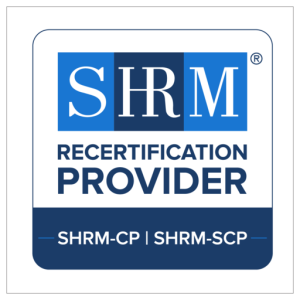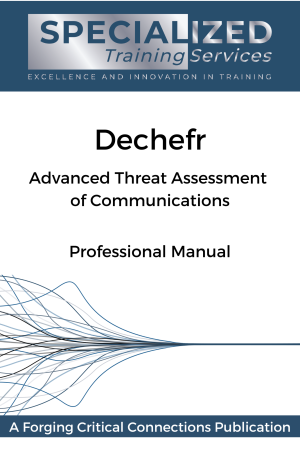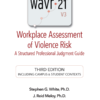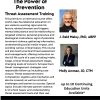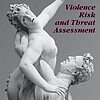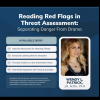Body Language III: How about a Thumbs Up? All about the Gestures
$79.99On-Demand Webinar
What are gestures? What is the difference between illustrators and emblems? Learn the answers in this exclusive 1-hour recorded webinar led by world-renowned psychologist Dr. David Matsumoto. He explains what gestures, illustrators and emblems are and the different types of speech associated gestures.
Description
Presented by Dr. David Matsumoto, topics include:
- About gestures
- Different types of speech associated gestures
- What illustrators and emblems are
In this one hour presentation, Dr. Matsumoto explains what gestures are and the different types of speech associated gestures. Through various video examples from many cultures, Dr. Matsumoto demonstrates the difference between illustrators and emblems and why gestures are so important in overall communication.
In partnership with
$79.99


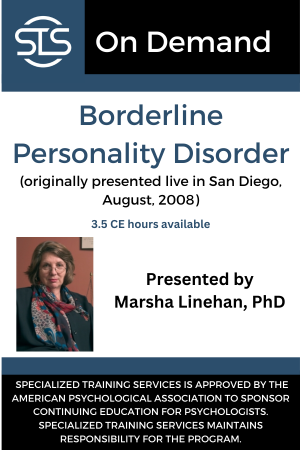


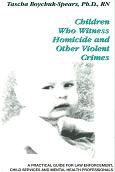
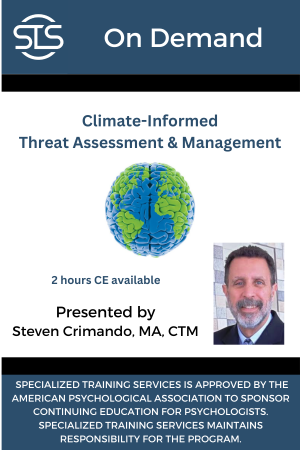
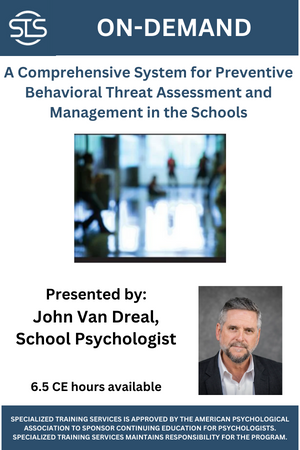


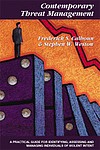

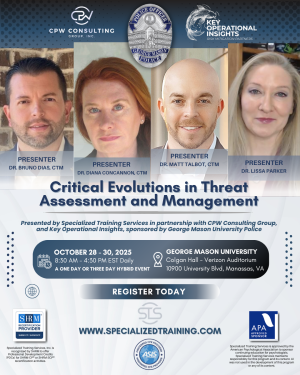
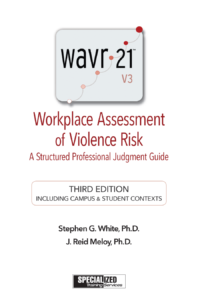
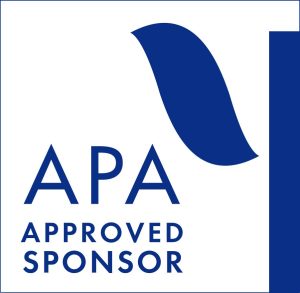 Specialized Training Services is approved by the American Psychological Association to sponsor continuing education for psychologists. Specialized Training Services maintains responsibility for this program and its content. AI was not used in the development of this program or in any of the content.
Specialized Training Services is approved by the American Psychological Association to sponsor continuing education for psychologists. Specialized Training Services maintains responsibility for this program and its content. AI was not used in the development of this program or in any of the content.